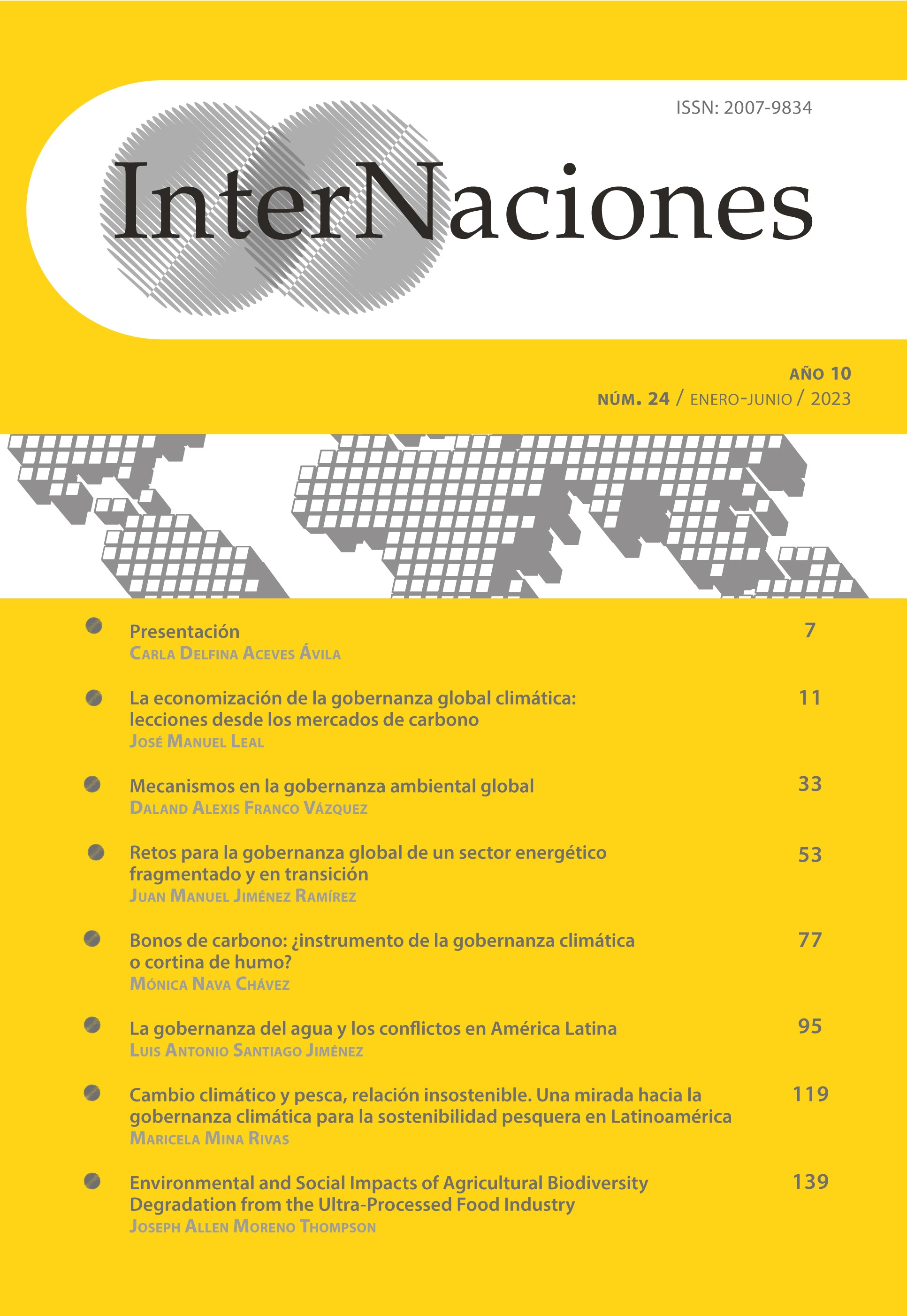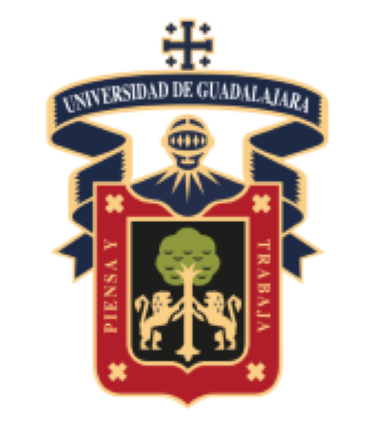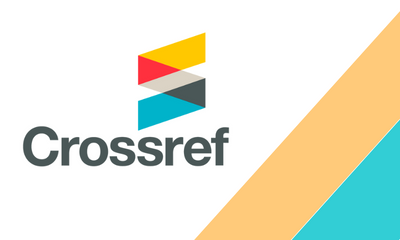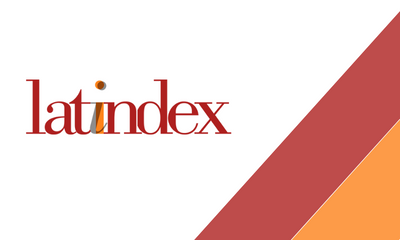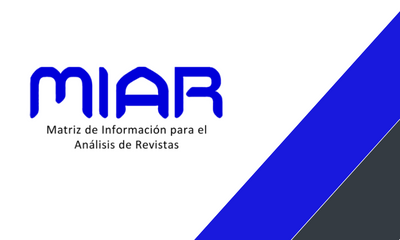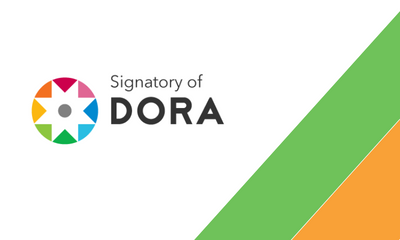Who governs garbage and recycling?
DOI:
https://doi.org/10.32870/in.vi24.7237Keywords:
recycling, governance, waste management, landfills, pollutionAbstract
Recycling is one of the alternatives to reduce the environmental impact of the culture of “using and throwing away” that has prevailed to this day; at the global level, various strategies have been implemented for waste management and the reduction of single-use products and the reintegration of raw materials into the value chain, this, the collaboration between the citizens, the state industry achieve optimal results in this area. For its part, Mexico has managed to have positive numbers in terms of industrial recycling, however, in reference to all urban solid waste, that is, all garbage, its number is barely 9.6% and depends mostly on people who work in landfills for their own initiative. In this paper I argued about how the state transfer the responsibility for pollution to the privates and society instead of regulating proper waste management of the garbage disposal and recyclingDownloads
References
Cervantes Niño, J. J., Hernández, P., & Lydia. (2012). El trabajo en la pepena informal en México: nuevas realidades, nuevas desigualdades. Estudios Demográficos y Urbanos, 95-117.
Figueroa Sánchez, J. C., & Cruz-Morales, J. (2019). ¿Gobernanza de los residuos sólidos? Estudio de caso sobre el ejido Los Ángeles, Reserva de la Biósfera La Sepultura, Chiapas, México. Sociedad y Ambiente, 79-102.
Fundación Aquae. (05 de 03 de 2022). Noruega convierte la basura en energía limpia y barata. Obtenido de Fundación Aquae: https://www.fundacionaquae.org/wiki/noruega-convierte-la-basura-energia-limpia-barata/
Geyer, R., Jambeck, J. R., & Law, K. L. (2017). Production, use, and fate of all plastics ever made. Science Advances.
Gobierno de Guadalajara. (2021). Informe de Gobierno. Guadalajara: Gaceta Municipal.
Gobierno de México. (02 de Febrero de 2022). Día Internacional sin Popote 2022. Ciudad de México, CDMX, México.
Hoornweg, D., & Bhada-Tata, P. (2012). What a waste: A global review of solid waste management. Washington, DC: The World Bank.
INEGI. (2014). Censo Nacional de Gobierno 2011. Gobiernos Municipales y Delegacionales. Resultados. Ciudad de México: INEGI.
INEGI. (2018). Censo Nacional de Gobiernos Municipales y Delegacionales 2017. Ciudad de México: INEGI.
Instituto de Información Estadística y Geografía. (2020). Industria del plástico y hule. Guadalajara: Gobierno de Jalisco.
Instituto Metropolitano de Planeación de Jalisco. (2020). Plan de Acción Climática del Área Metropolitana de Guadalajara. Guadalajara: IMEPLAN.
Instituto Nacional de Estadística y Geografía. (2014). Perfil de la fabricación de productos de plástico. Ciudad de México: INEGI.
Jambeck, J., Geyer, R., Wilcox, C., Siegler, T., Perryman, M., Andrady, A., . . . Law, K. (2015). Marine pollution. Plastic waste inputs from land into the ocean. Science, Washington D.C.
Kaza, S., Yao, L., Bhada-Tata, P., & Van Woerden, F. (2018). What a Waste 2.0: A Global Snapshot of Solid Waste. Washington : World Bank.
Nain Martínez, I. E. (2015). La investigación de la gobernanza en México y su aplicabilidad ambiental. Economía, sociedad y territorio.
ONU Medio Ambiente. (2020). Plásticos de un solo uso. Nairobi: Programa de las Naciones Unidas de Medio Ambiente.
Secretaría de Medio Ambiente y Recursos Naturales. (2017). Informe del Medio Ambiente. Ciudad de México: Gobierno de México.
Senado de la República. (2019). Acuerdo Nacional para la Nueva Economía del Plástico en México. Ciudad de México: Comunicación Social del Senado de la República.
Stevenson, H. (2021). Reforming global climate governance in an age of bullshit. Globalizations, 86-102.
Vázquez, A., Espinosa, R. M., Beltrán, M., & Velasco, M. (2017). El reciclaje de los plásticos. ANIPAC.
Downloads
Published
How to Cite
Issue
Section
License
Copyright (c) 2022 University of Guadalajara

This work is licensed under a Creative Commons Attribution-NonCommercial-ShareAlike 4.0 International License.
CC BY-NC-SA 4.0 https://creativecommons.org/licenses/by-nc-sa/4.0/

